One must be a wise reader to quote wisely and well
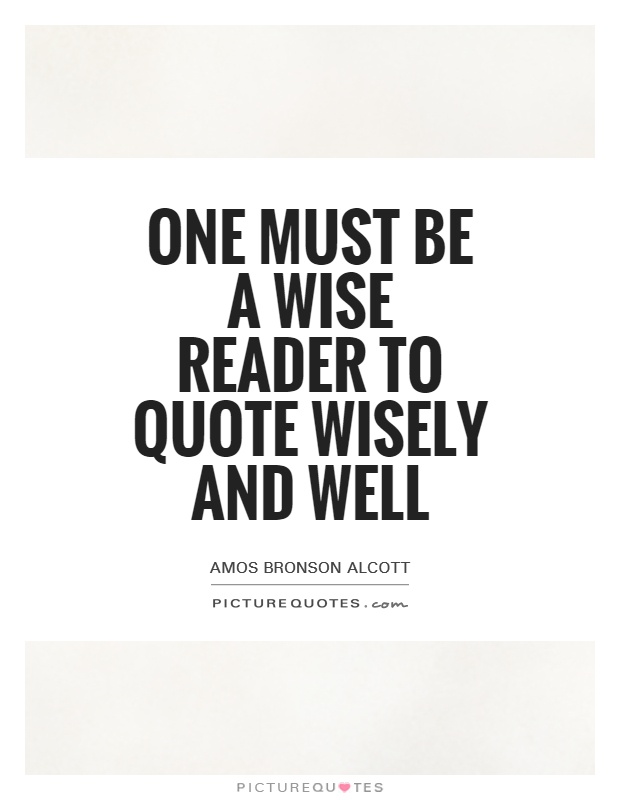
One must be a wise reader to quote wisely and well
Amos Bronson Alcott, a prominent American educator and philosopher, once said, “One must be a wise reader to quote wisely and well.” This statement holds true in the context of Alcott’s own life and work, as he was known for his deep love of literature and his ability to draw inspiration and wisdom from the written word.Alcott was a voracious reader from a young age, and he believed that reading was essential for personal growth and intellectual development. He saw books as a source of knowledge, insight, and inspiration, and he encouraged others to read widely and deeply in order to expand their minds and enrich their lives.
As a writer and thinker, Alcott often incorporated quotes and references from other authors into his own work. He believed that quoting from the works of others was a way to pay homage to their wisdom and insight, as well as a way to enhance and deepen his own ideas. However, Alcott was careful to choose his quotes thoughtfully and to use them in a way that added value to his own writing.
Alcott understood that quoting wisely and well required not only a deep knowledge of literature, but also a discerning eye and a thoughtful approach. He believed that a quote should be used to illuminate a point, to provide evidence or support for an argument, or to add depth and richness to a piece of writing. A wise reader, in Alcott’s view, was someone who could recognize the significance and relevance of a quote, and who could use it effectively and appropriately in their own work.
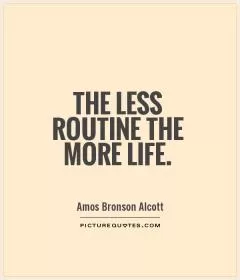
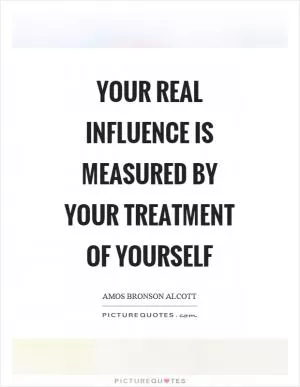
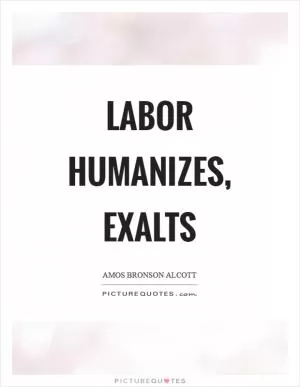
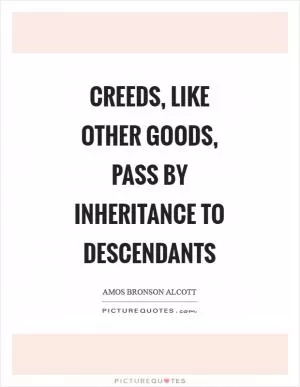
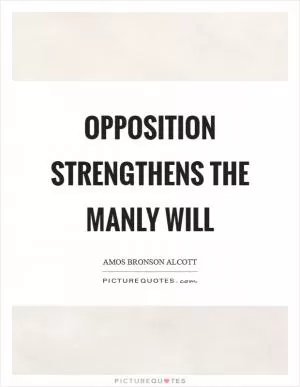
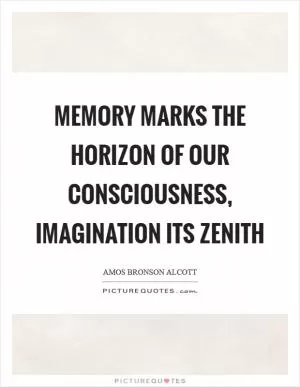
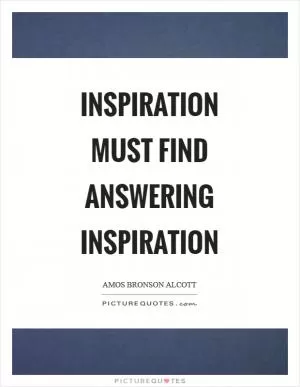
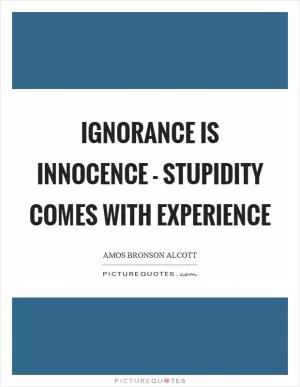
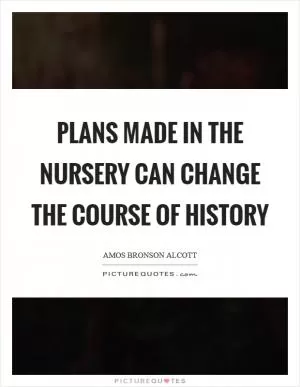
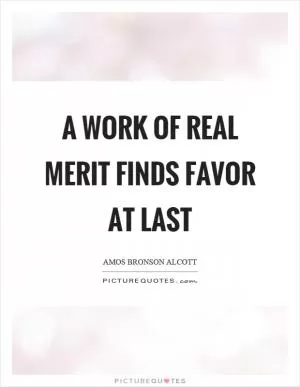

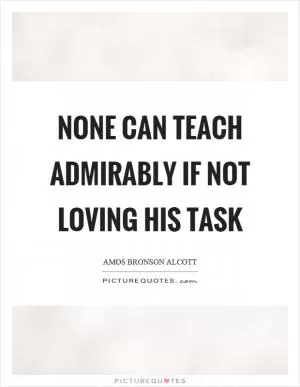
 Friendship Quotes
Friendship Quotes Love Quotes
Love Quotes Life Quotes
Life Quotes Funny Quotes
Funny Quotes Motivational Quotes
Motivational Quotes Inspirational Quotes
Inspirational Quotes